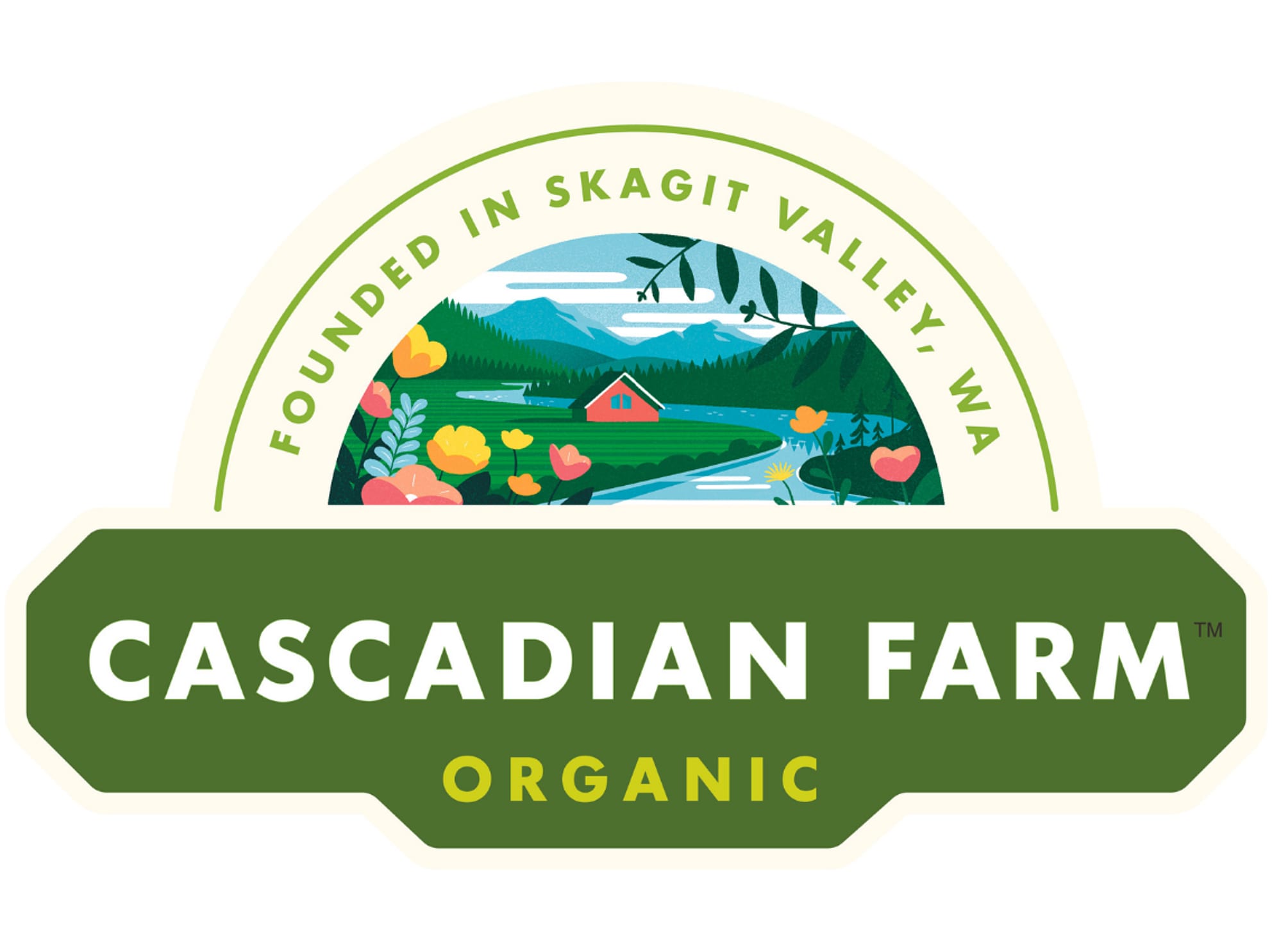
Gene Kahn's Vision
The story of Cascadian Farm begins with the story of its founder, Gene Kahn.
In 1972, Gene was an idealistic 24-year-old graduate student from Chicago, who wanted to make a difference in the world.
Intrigued by the fragile balance between nature and humans and inspired by reading “Silent Spring” and “Diet for A Small Planet,” he wanted to grow crops in a way that would not harm the land.

He moved to the West Coast where he found a community that shared his deep appreciation for nature.
Never having planted anything before, he gained his knowledge of farming through reading and began farming organically near the Skagit River in the Cascade Mountains of Washington in 1972.
“The original inspiration to begin Cascadian Farm was my conviction that our personal survival depended on ‘going back to the land,’” says Kahn. “After several years of tirelessly looking for a perfect location, I found an abandoned 51-acre property in a remote location that was being used as a dump site for cars, appliances, and garbage. There was no electricity and the house had no plumbing heat or windows remaining. [I thought] ‘Ah, perfection!’ and that is how the New Cascadian Survival and Reclamation Project began.”
Kahn's method was to work in harmony with nature, preserving the soil and protecting the rivers and streams around the farm, focusing on choosing conditions that would foster biodiversity.
At the time, he was surrounded by traditional farms, and although they didn’t understand why he wanted to pursue organic farming, they played a large role in helping him get started.
“The locals who were involved in agriculture thought of me as a ‘working hippie,’ and they tried to dissuade me from farming without agrochemicals. Afterall, I had chosen to farm in a temperate rainforest with 80-inches of annual precipitation,” says Kahn.
But, the local farmers later became mentors to Kahn and gave him tips for growing in the Skagit Valley.
“The education they provided me, and their continual support had a lifesaving impact on the farm,” Kahn said.
At first, Kahn farmed for a small community, selling organic products out of the back of a VW truck. PCC Community Markets was his first customer in 1972.
Cascadian Farm soon became a thriving organic food company.
Little did he know he would become one of the pioneers of an agricultural movement that continues to thrive today. He was “organic” before organic was vogue.
Brand Milestones
Since the 70s, Cascadian Farm has continued to flourish as one of the nation’s leading producers of wholesome, organic food.
Take a trip through time to see the brand's milestone moments.

Cascadian Farm Today
More than five decades after its founding, Gene’s legacy lives on as Cascadian Farm's commitment to organic farming and protecting the planet remains steadfast.
In 2022, General Mills honored Cascadian Farm's legacy by donating the original Home Farm to Rodale Institute, a global leader in regenerative organic agriculture. With their deep expertise and shared mission, we believe Rodale is uniquely positioned to steward the land and continue its legacy.
While Cascadian Farm has evolved beyond its original roots, its products continue to be made with certified organic ingredients proudly purchased from organic farmers whose practices support soil health, foster biodiversity and use natural systems rather than chemical interventions.
As Gene once said, “The most important growth metric for me was not equivalent cases or sales dollars, but acres farmed organically.” That vision lives on in every partnership we support, every farmer we work with and every product that carries the Cascadian Farm name.
To learn more about Cascadian Farm, visit CascadianFarm.com.
